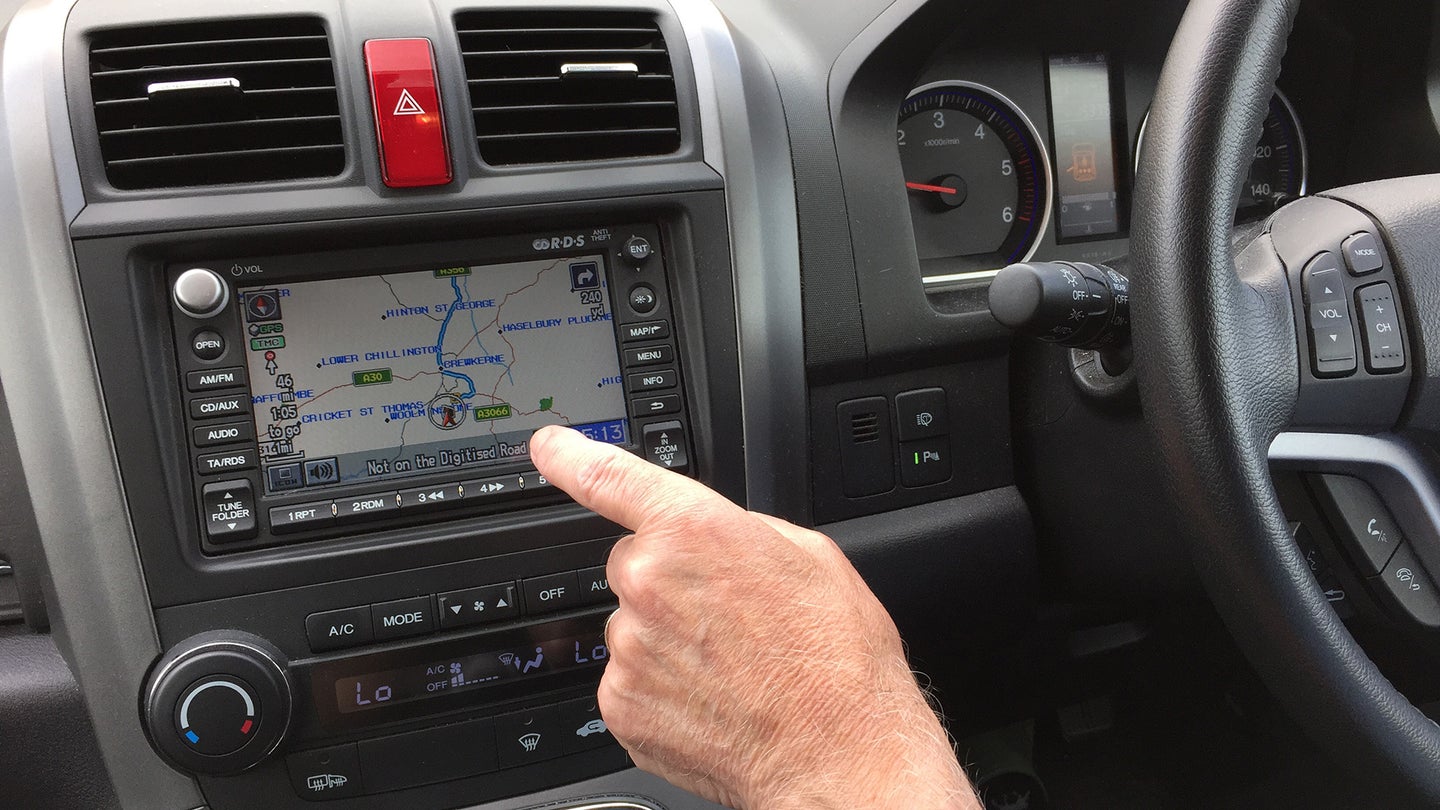Study: Using GPS Navigation “Switches Off” Brain, Makes You Stupid
This is your brain. This is your brain on Google Maps. Any questions?

We're all familiar with the stories of what happens when someone follows their GPS directions too literally and pays no attention to what's actually around them. Turn right, then in a quarter of a mile, turn left... into a lake, into the ocean, up a goat trail, off a cliff, whatever the hazard may be. It seems like some people just can't stop taking orders from that friendly robotic voice against all common sense and self-preservation instincts. But thanks to a new study by University College London, we now might have a clue as to why this happens—turns out using GPS actually makes us dumber.
Alright, that's a reductive explanation. Here's the gist—as we navigate through a new area the old-fashioned way, we're using both our brain's hippocampus to guide our moves spatially and our prefrontal cortex to puzzle through the various route options that are popping up at each intersection. UCL scientists mapped this neural activity by hooking volunteers up to an fMRI machine and having them navigate a simulated version of London's Soho neighborhood. But when the same test was administered to people following GPS directions through the maze-like streets, that neural activity is noticeably absent as the brain basically lets the technology take over.
"When we have technology telling us which way to go ... these parts of the brain simply don’t respond to the street network. In that sense our brain has switched off its interest in the streets around us," Hugo Spiers, the scientist who led the study, told The Guardian.
This could partly explain why people sometimes end up in unfortunate situations while following the GPS, and why they're often at a loss about how they got there in the first place. The brain basically checks out—in a sense, they're on autopilot. It's not quite highway hypnosis, but the effect is similar in that the progress being made in the journey isn't really being recorded by the brain.
It's also not the first study to suggest the mental benefits of manual navigation. In 2011 the same team published a study of London taxi drivers showing how the legendary "Knowledge" mapping test leads to an enlarged hippocampus, a result not seen in a similar tests of London bus drivers (who follow prescribed routes). If you're feeling like your own navigation skills have diminished somewhat since you got your first iPhone, Spiers told Scientific American there's a relatively easy fix.
"If you think about the brain as a muscle, then certain activities, like learning maps of London’s streets, are like bodybuilding, and all we can really say from our new findings is that you’re not working out these particular bits of the brain when you’re relying on SatNav."
